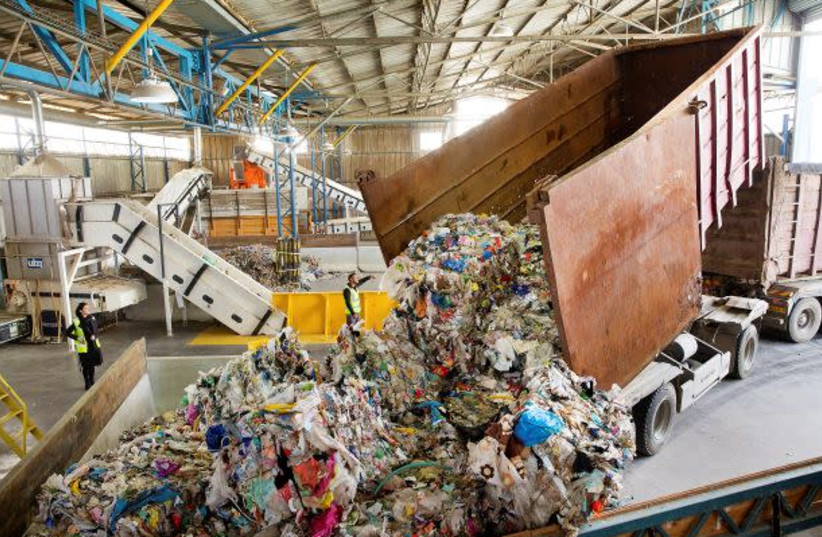UBQ Materials, a leading climate tech developer specializing in advanced materials crafted from waste, has announced the launch of a new portfolio of sustainability products. The line-up features three bio-based material replacements, sustainability additives, and two modifiers, offering a diverse array of eco-friendly solutions to address specific sustainability goals.
The newly unveiled product lines are the result of UBQ Materials’ globally patented waste-to-materials approach, aiming to tackle the longstanding challenge of balancing sustainability and product performance. Patricia Mishic O’Brien, Chief Commercial Officer of UBQ Materials, emphasized the significance of UBQ’s offerings in achieving a carbon-negative status, presenting a win-win scenario for both sustainability and business.
“Sustainability is becoming an imperative for customers. Businesses incorporating UBQ are gaining a market advantage, enabling them to hit their sustainability goals while maintaining or improving upon their pricing power,” she said.
The product portfolio includes three distinct bio-based sustainability additives and material replacements, each tailored to meet various sustainability needs, including circularity, recyclability, low-carbon footprint, and climate-positivity, marking a significant leap forward in the realm of environmentally conscious material development.
First in the lineup is UBQ ClimaPos, a bio-based, climate-positive sustainability additive designed to facilitate greenhouse gas removal and avoidance. The product empowers companies to achieve climate objectives by achieving carbon neutrality with as little as a 5% load of UBQ ClimaPos. The additive has already demonstrated its efficacy in various applications, including planters, pet carriers, transport boxes, and window profiles.

The second offering, the UBQ Q Series, stands as the freshest iteration of the company’s proven standard material replacement. Functioning as a one-to-one material swap that seamlessly blends with most polymers, the Q Series finds application across a spectrum of industries, including automotive, building and construction, logistics, and supply chain management. Its versatility positions it as a go-to solution for businesses looking to integrate sustainable materials without compromising performance.
Sustainable materials for businesses
For functionality in operational uses, UBQ Industrial emerges as a cost-effective material choice. Engineered for high-value functions and reliability, it caters to applications ranging from shipping pallets in logistics to bitumen roofing and building infrastructure.
Complementing these primary formulations, UBQ Materials is launching UBQ Nclozur, a sustainability modifier formulated for odor mitigation, and UBQ Impact, an enhancer that seamlessly blends with various polymer matrices to bring climate-positive circularity to applications such as decking, office furniture, and car-door mirrors.
“For years, we have worked with our customers through trials and application development. We’ve developed this portfolio to streamline the journey towards circular manufacturing practices,” said Gil Felus, Chief Operations Officer and Chief Innovation Officer of UBQ Materials. “With this, sustainability to profitability becomes a simple equation.”
The Environment and Climate Change portal is produced in cooperation with the Goldman Sonnenfeldt School of Sustainability and Climate Change at Ben-Gurion University of the Negev. The Jerusalem Post maintains all editorial decisions related to the content.
